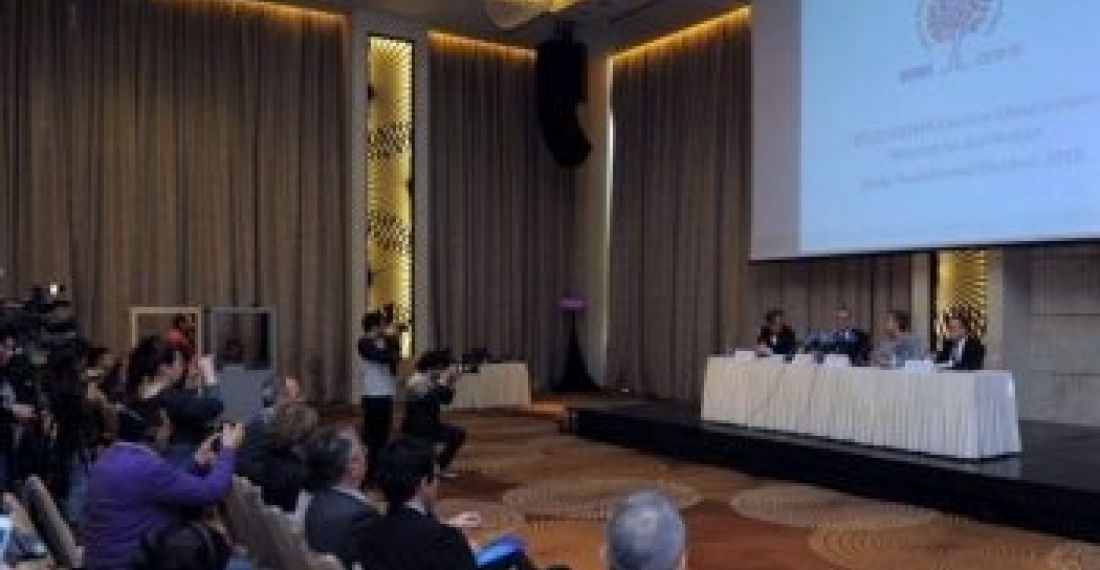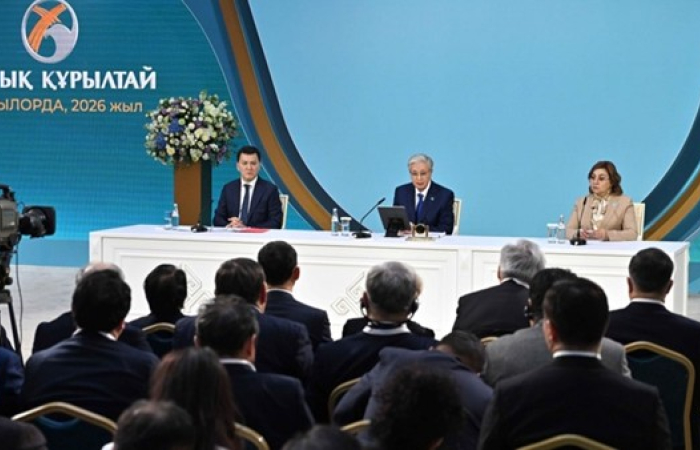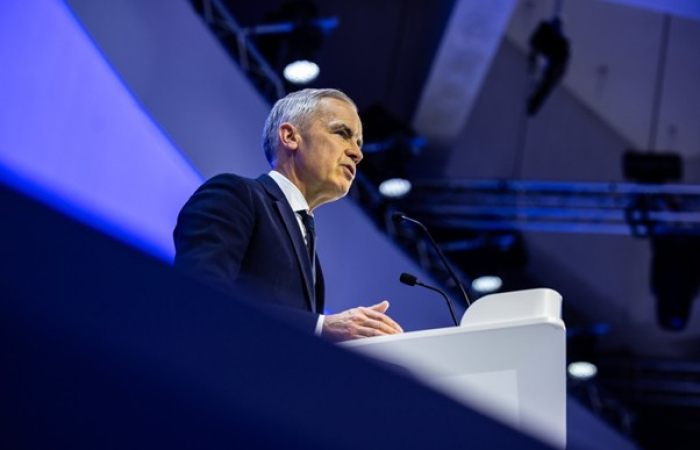In their preliminary report the mission made up of representatives of the Parliamentary Assemblies of the OSCE and the Council of Europe, and of ODIHR, concluded that the election lacked genuine competition.
The International Election Observation Mission for the Azerbaijan presidential election stated in their statement that the election "took place within a restrictive political environment and under a legal framework that curtails fundamental rights and freedoms, which are pre-requisites for genuine democratic elections. Against this background and in the absence of pluralism, including in the media, this election lacked genuine competition."
In its preliminary statement the Mission said that "the candidates refrained from directly challenging or criticizing the incumbent, and distinction was not made between his campaign and official activities. At the same time, authorities were co-operative and international observers were able to operate freely in the pre-election period. The election administration was well resourced and prepared the election efficiently. On election day, international observers reported widespread disregard for mandatory procedures, lack of transparency, and numerous serious irregularities, such as ballot box stuffing."
You can read the full preliminary statement here
source: commonspace.eu
photo: Press Conference of the International Election Monitoring Mission in Azerbaijan (picture courtesy of haqqin.az)







